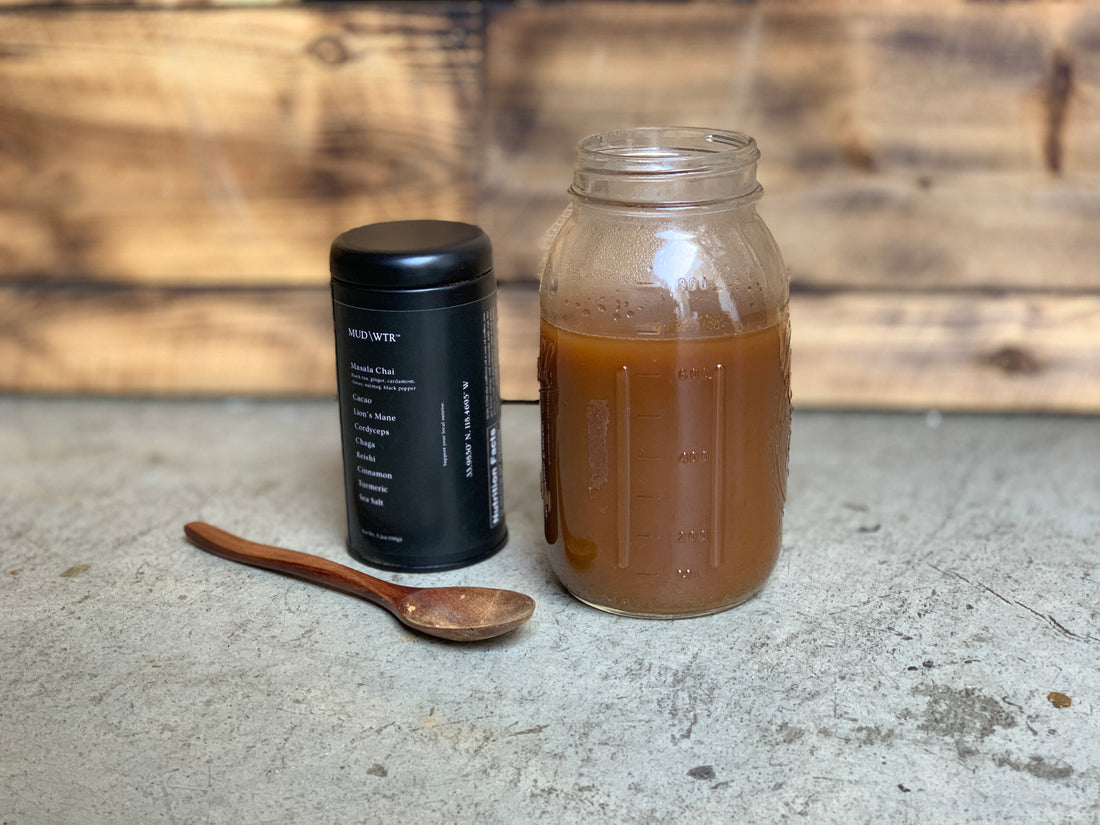Coffee is one of the most widely consumed drinks in the world. It has been praised for its benefits and, at the same time, mocked for its negative effects. It has been touted as the beverage that can uplift your spirits in no time and is blamed for insomnia and anxiety. But the question remains: Is coffee bad for you?
Like most things, coffee has its risks and its benefits. While we always say it’s better to err on the side of caution and just drink something equally delicious, like mud, we’re here to give you all the details.
The Cons
Side Effects of Caffeine
Although coffee affects everyone differently, an excessive amount can have adverse effects on your body. It can cause jitters among people with lower tolerances for caffeine, while others can withstand its stimulating effects. For people with a low tolerance for caffeine, too much coffee can cause headaches, rapid heartbeat, nervousness, insomnia, irritability, and stomach upset. Particularly, bad coffee with impurities can cause sickness, headaches, and other side effects.
Some people particularly find that caffeine affects their sleeping habits. Because it’s a stimulant, it can help keep you up during the day, but if you drink it too close to your bedtime, you may find that you can’t fall asleep at night either. It can also increase your anxiety, which can contribute both to a lower sleep quality and more anxiety in general.
Coffee And Pregnancy
For pregnant women, too much coffee can cause various complications, including babies with low birthweight. If you cannot stop drinking coffee while pregnant, at least reduce your intake. The recommended amount of coffee intake for pregnant women is one cup a day. But it’s best to avoid it completely while pregnant to avoid complications for the baby and yourself in later life.
If you drink too much coffee while pregnant, there’s an increased risk of low birth weight. Because caffeine is able to cross through the placenta, it affects your child as well as you, so be aware of this before ou drink your morning cup of joe.
Coffee And Your Digestive System
While many people joke about it, the simple truth is that coffee does make you poop more. In part, this is due to caffeine, but there are other compounds in coffee that contribute to this that are still being studied. Essentially, coffee makes your body think that it’s just eaten, which contributes to making your bowel movements come on much more quickly.
While this isn’t necessary a health risk, it can be quite annoying, especially if you have an important meeting that you need to be in. Be aware of the many ways that coffee can affect your body before you decide to drink it.
Coffee And High Cholesterol
Coffee is bad for you if you have high cholesterol. Since it contains Cafestol and Kahweol, which are known to raise LDL cholesterol, it’s advisable to avoid coffee to avoid raising your cholesterol levels. For people with normal cholesterol levels, average amounts of coffee won’t put you at risk.
Coffee Is Addictive
Coffee is a drug— there’s no way around it. While it’s absolutely legal, it’s still a stimulant and can be highly addictive. In fact, if you stop drinking coffee suddenly, this can lead to withdrawal symptoms like headaches, irritability, and extreme tiredness.
You may be becoming addicted to coffee if you notice that a few cups don’t have the same effect on you that they used to, or you find that you need to keep drinking more and more coffee in order to get the same buzz. At this point, it might be a good idea to take a break from coffee or to slowly wean yourself off of it.
The Pros
Coffee And Parkinson’s Disease
A growing body of research has linked caffeine to a lower chance of developing Parkinson's disease. Coffee contains compounds that are thought to interact with body chemistry to protect against neurodegenerative disorders. Hence it’s known to reduce tremors in Parkinson’s disease patients.
Another compound present in coffee known as phenylindane is thought to prevent the formation of toxic protein aggregates that trigger Parkinson’s development.
Coffee And Alzheimer’s Disease
A study conducted by the Krembil Brain Institute has shown that you may be able to fight Alzheimer's with a cup of coffee. The study found out that people who drank more cups of coffee had a lower risk of Alzheimer's.
For seniors with mild dementia, drinking coffee can reduce the onset of dementia. However, more research is needed to determine the type of coffee and the number of cups that would help to lower the risk of Alzheimer’s disease.
Coffee Could Help Your Risk of Developing Diabetes...Maybe
There's growing evidence that coffee may protect against diabetes. People who drink between 4 and 6 cups of coffee a day could significantly reduce their risk of developing diabetes. Both caffeinated and decaffeinated coffee have anti-diabetic properties. However, if you already have diabetes, coffee could cause adverse effects.
Coffee And Physical Performance
There’s a reason why millions of people around the world start their day with a cup of coffee. Whether you want to increase metabolism and adrenaline, or achieve better concentration, some people believe that coffee helps.
Caffeine mobilizes fat stores, enabling the body to utilize fat as fuel rather than glycogen. It enhances the process of moving fats out of storage into mitochondria, where they are converted into energy. Therefore, caffeine delays glycogen depletion, which can result in improved endurance.
A study by the International Society of Sports Nutrition found out that low-to-moderate coffee drinking enhances various types of performance. However, too much coffee can affect your performance. For instance, overconsumption of coffee can cause digestive discomfort leading to reduced performance.
How To Drink Coffee… If You Must
Most of the benefits here totally depend on how you consume your coffee. If you’re looking to get any kind of benefits out of your coffee, your best bet is to drink high quality, black coffee.
The way that most people drink their coffee, loaded with cream, sugar, and even pumpkin spice syrup, is not only a surefire way to add a lot of excessive calories, but also to remove the few health benefits that coffee does offer. If the taste of black coffee just doesn’t do it for you, you’re probably better off drinking something else.
The following are the simple rules to follow to get the best out of coffee:
Drink organic coffee.There are two types of coffee out there— organic coffee and genetically modified coffee. Organic coffee is richer in antioxidants and doesn’t contain those toxins that can harm your health. You’ll also want to avoid heavily pesticide-sprayed coffee as it can be bad for your health.
Use filtered water to make your coffee.Tap water may contain contaminants, which can have disastrous effects. To ensure your coffee is safe and tastes better, use filtered water.
Avoid sugar in your coffee or use a very small amount.Too much sugar in your coffee makes it unhealthy. Apart from causing a spike in your blood glucose levels, sugar can increase your risk of developing diabetes, obesity, and other disorders. For your coffee to benefit your health, skip or reduce added sugar.
Take occasional breaks.Drinking coffee continuously without taking breaks can affect your sleep and energy. If you think you’re becoming too dependent on coffee to stay energized, it’s advisable to take a break and drink alternatives like mud.
You shouldn’t overdo it as it can overwork your adrenal glands and cause hormonal imbalance. It’s important to take occasional breaks from your coffee ritual to ensure that you’re not feeling dependent.
Final Thoughts
As to whether coffee is bad for you, it depends on the kind of coffee you drink, the amount that you drink, and your health status. Choose high quality, organic coffee, drink a small amount, and take occasional breaks to avoid being dependent.
Better yet, swap out your morning coffee for a drink like mud, so that you can get the benefits of coffee without any of the harmful side effects. Coffee can be bad for people with diabetes, arrhythmias, chronic anxiety, and other conditions that could be worsened by caffeine.
Sources
Link 1 - https://www.parkinson.org/blog/science-news/coffee-and-parkinsons-protection-in-the-making
Link 2 - https://www.hsph.harvard.edu/nutritionsource/food-features/coffee/
Link 3 - https://www.medicalnewstoday.com/articles/270202
Link 4 -https://www.sciencedirect.com/science/article/pii/S2213422014000456




